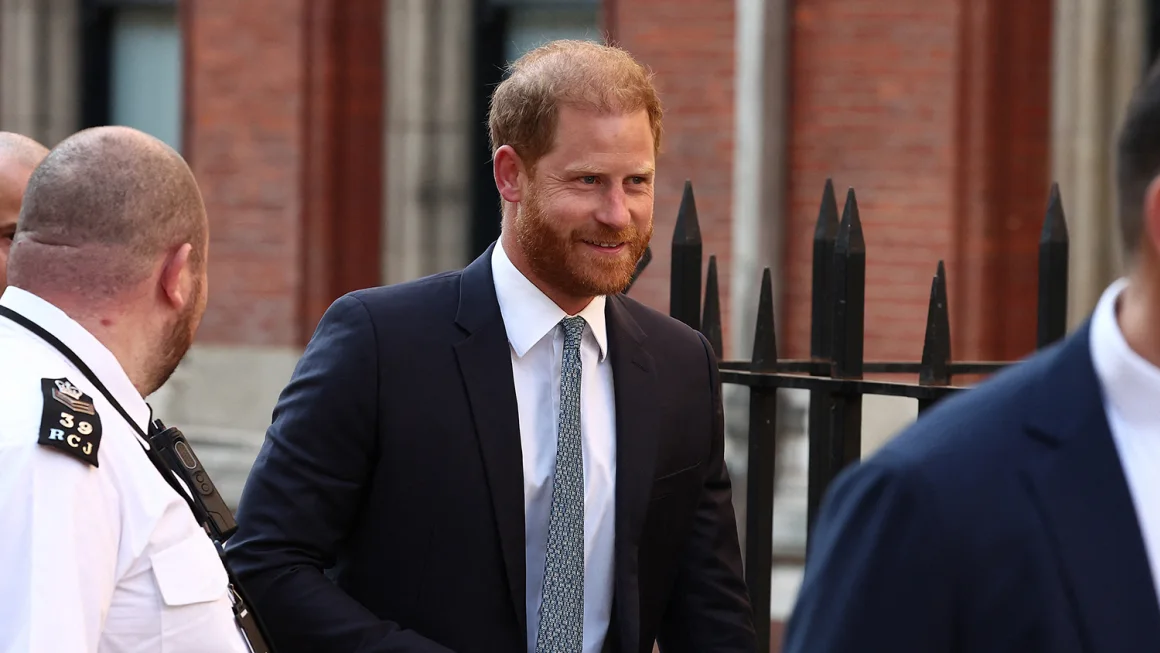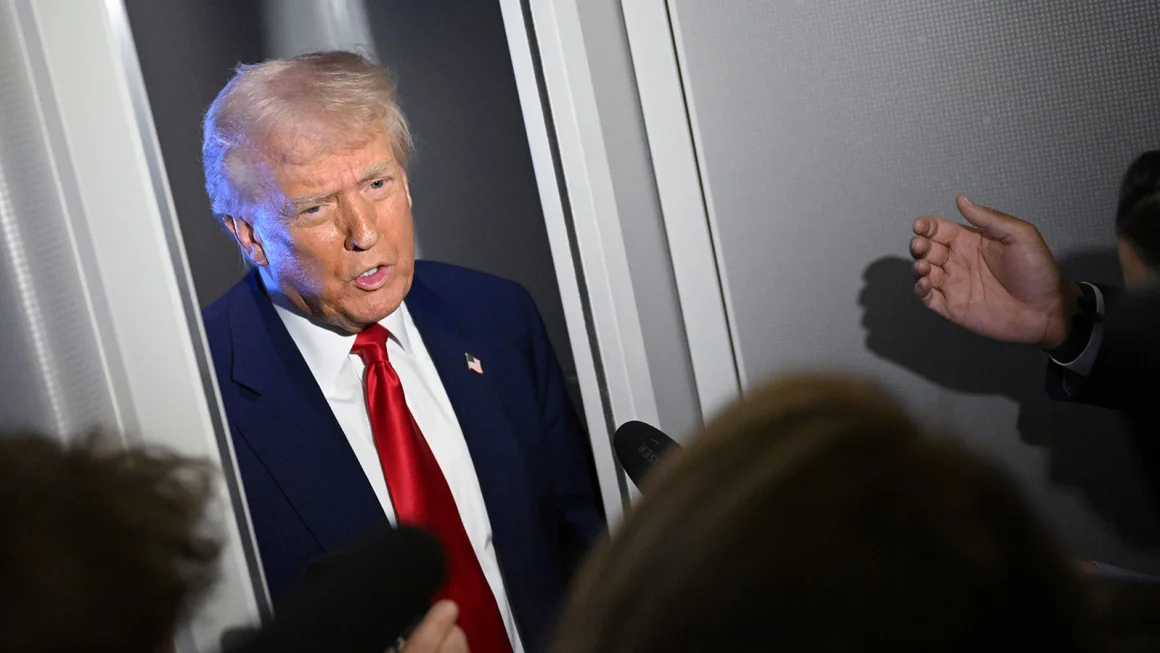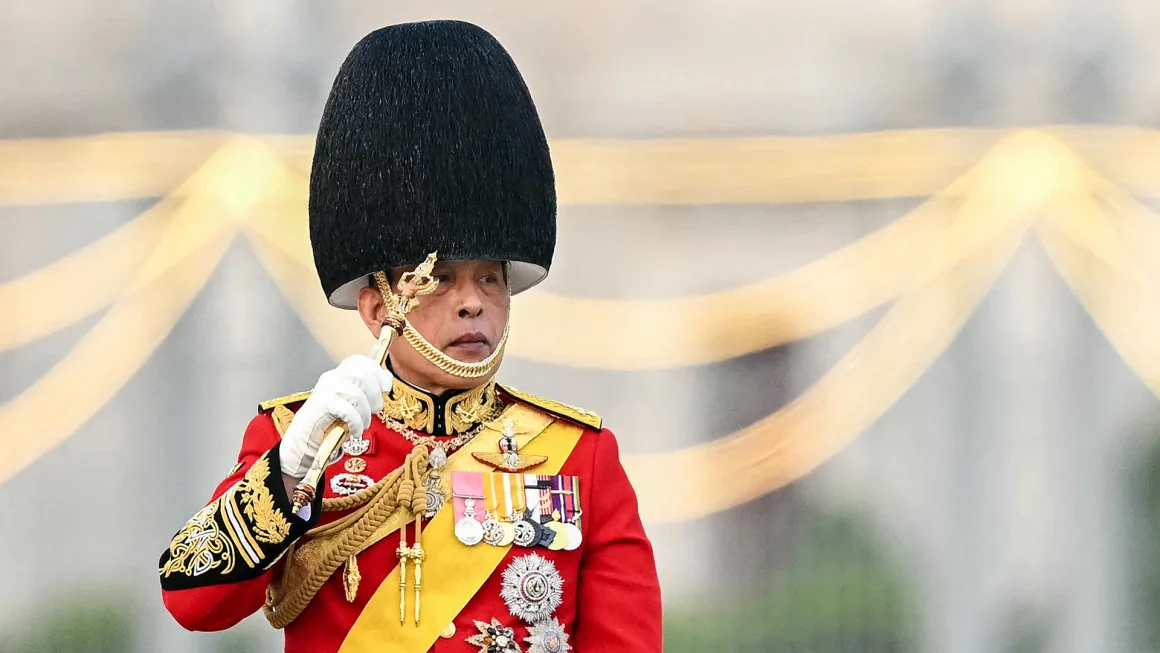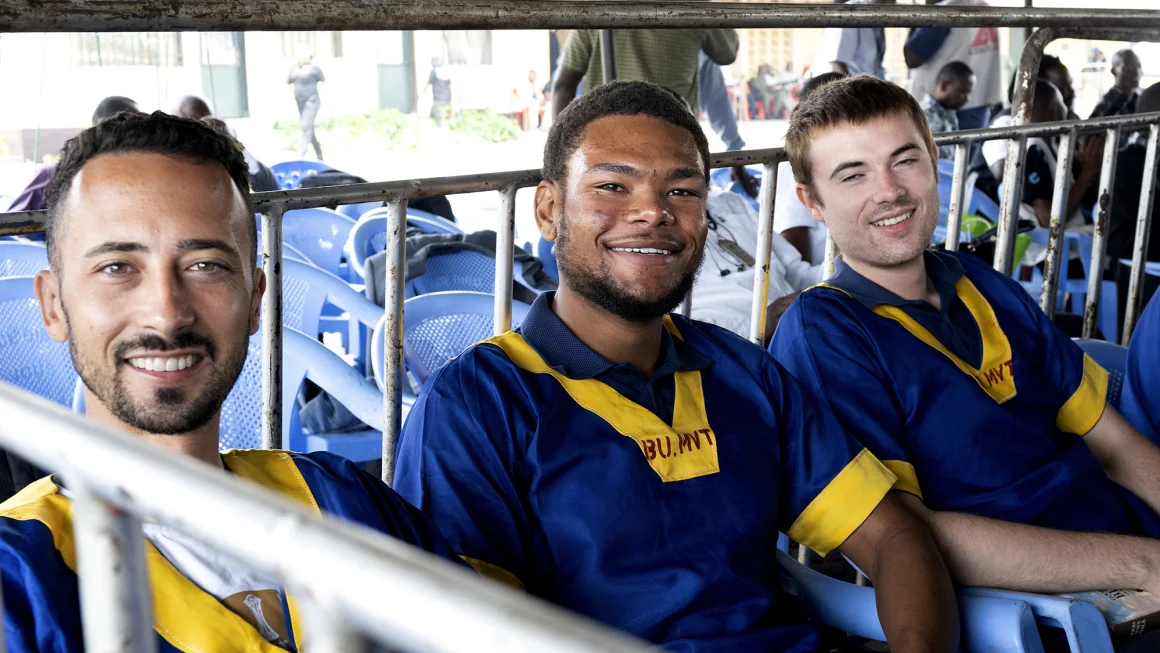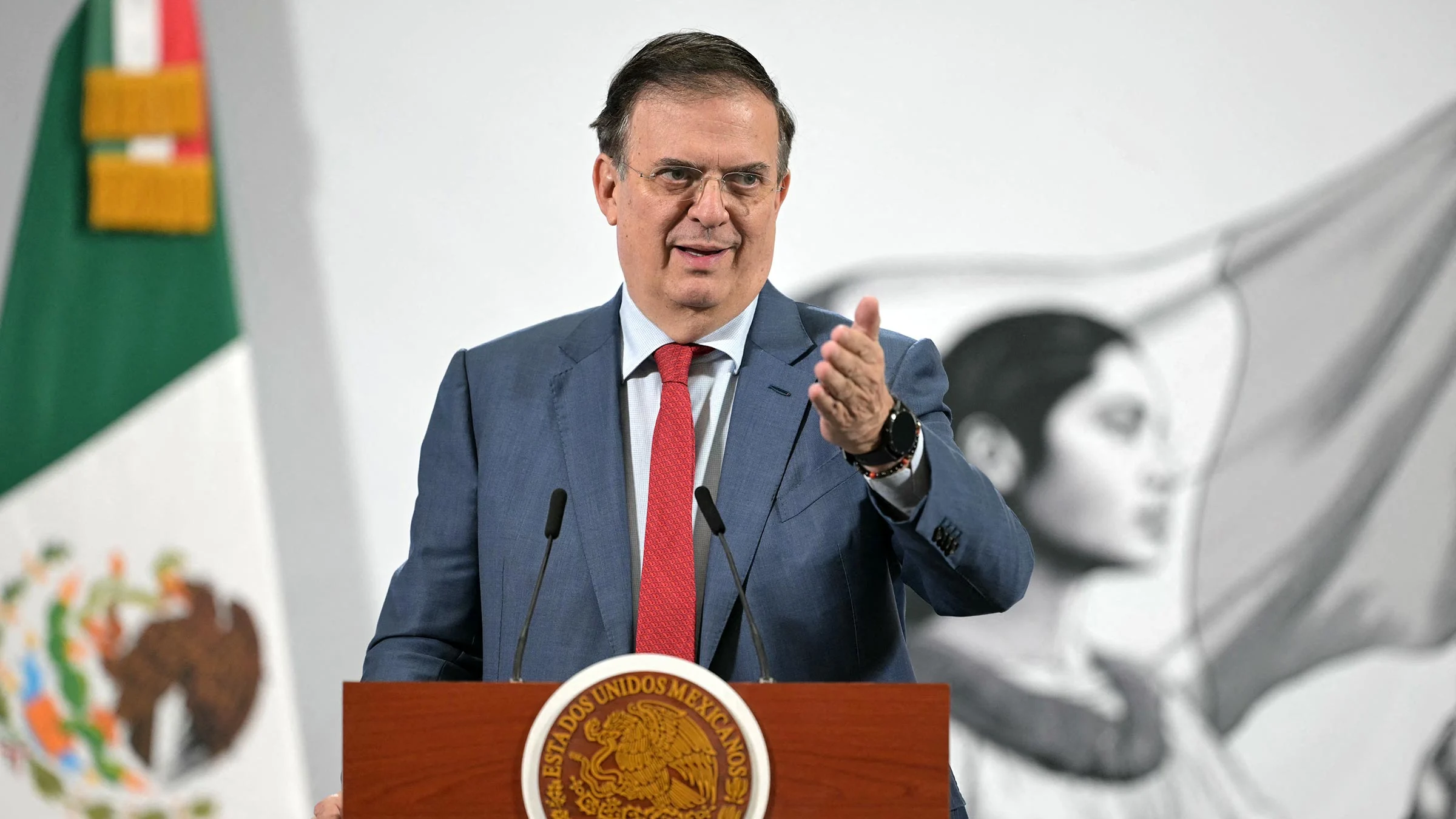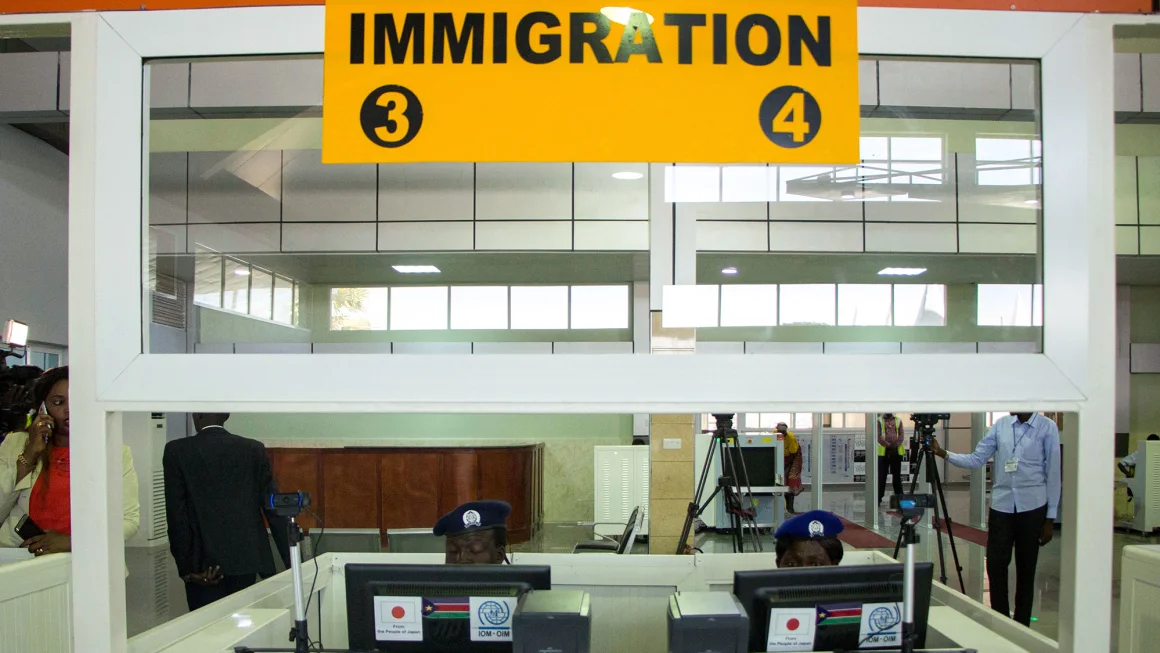
South Sudan has agreed to allow entry to a man previously denied admission after being deported from the United States, signaling a shift in its stance amid escalating tensions over a U.S.-imposed visa ban targeting its citizens.
In a statement released Tuesday, South Sudan’s Ministry of Foreign Affairs announced it would now admit the deportee, identified as Makula Kintu, citing the “friendly relationship” between Juba and Washington as the basis for the change in position.
The reversal follows a weekend decision by U.S. Secretary of State Marco Rubio to suspend the issuance of visas to South Sudanese nationals. The move came in response to what Washington described as South Sudan’s repeated refusal to cooperate in accepting deportees.
Kintu’s case triggered the latest dispute. He arrived at Juba International Airport on Saturday using a South Sudanese travel document under the name Nimeri Garang. However, immigration officials determined through verification checks that the individual was not Garang, but rather Kintu—a national of the Democratic Republic of Congo.
According to South Sudanese authorities, Kintu had used someone else’s identification to enter the country and was initially turned away and sent back to the United States for further processing.
The foreign ministry stated it had been expecting the arrival of the real Nimeri Garang, whose deportation had been previously communicated to South Sudanese officials by the U.S. State Department. Garang is now scheduled to arrive in Juba next month.
The U.S. has not yet issued an official response regarding the mix-up in Kintu’s identity or nationality.
Details provided by U.S. Homeland Security, according to the ministry, show that Kintu first entered the United States in 2003, voluntarily left for the DRC in 2009, and later re-entered the country illegally in July 2016. When questioned upon his arrival in Juba, Kintu reportedly told immigration officers he was from the Ema ethnic group in North Kivu, DRC, and that his deportation to South Sudan was against his will.
Despite the confusion, South Sudan has now agreed to admit Kintu when he returns on Wednesday, framing the decision as part of a broader commitment to cooperate with the United States in facilitating the return of verified South Sudanese deportees.
The incident comes as South Sudan, still grappling with internal conflict and economic hardship, navigates a delicate relationship with international partners, particularly the U.S., which has historically played a key role in supporting its fragile statehood since gaining independence in 2011.

